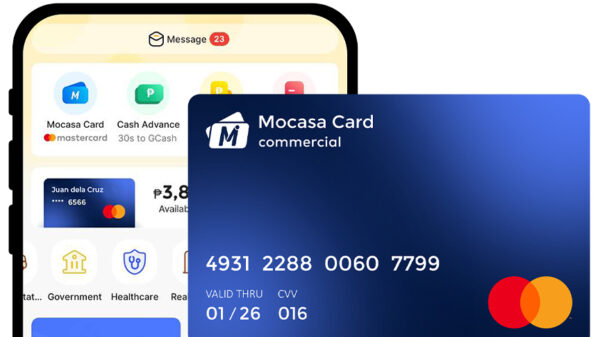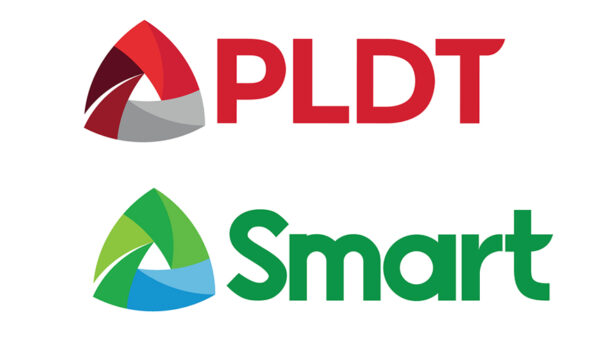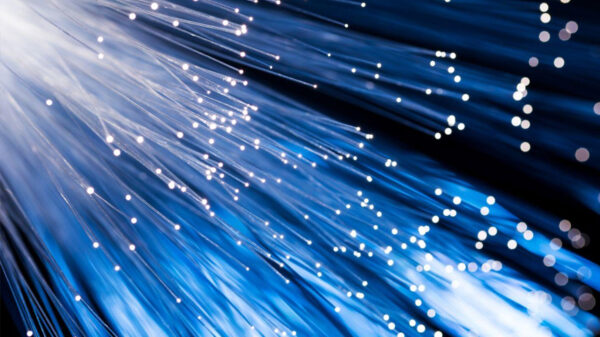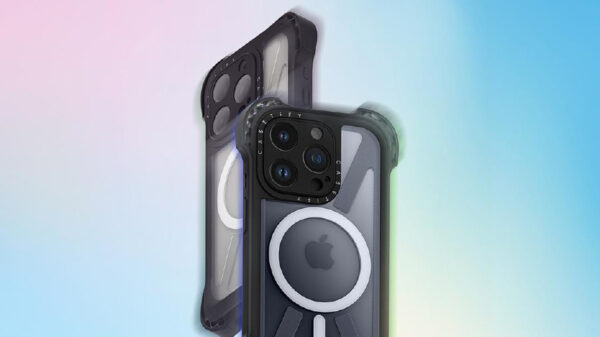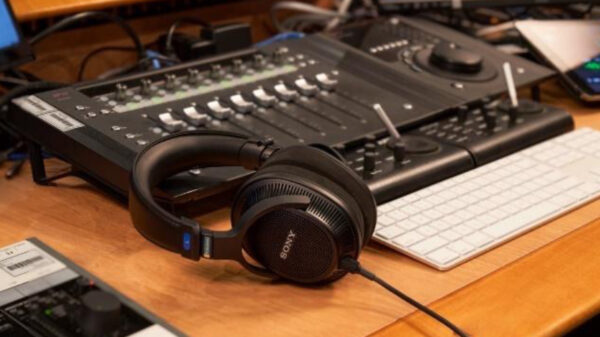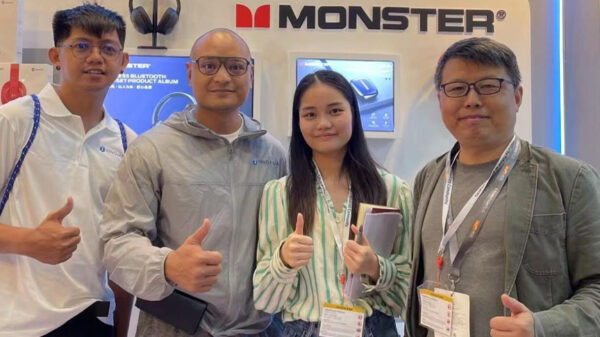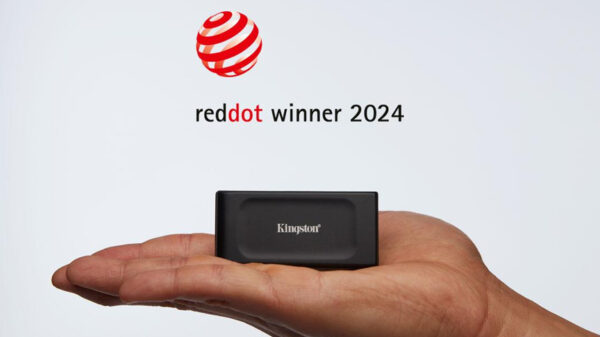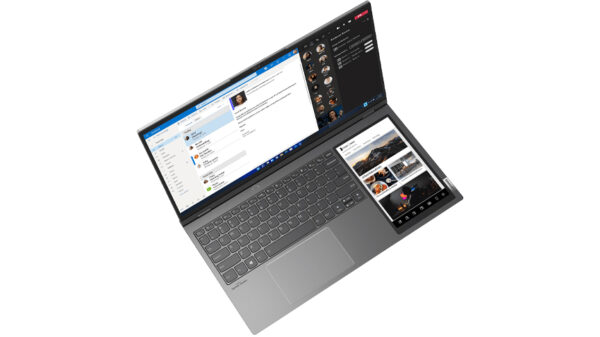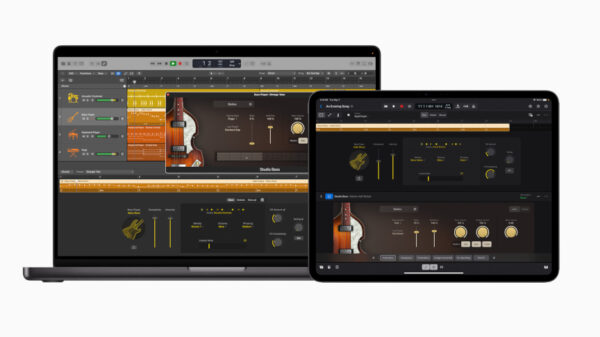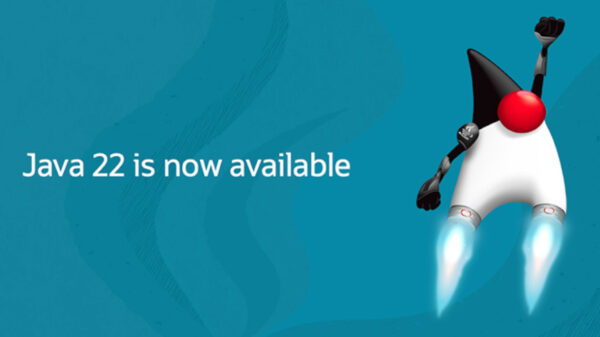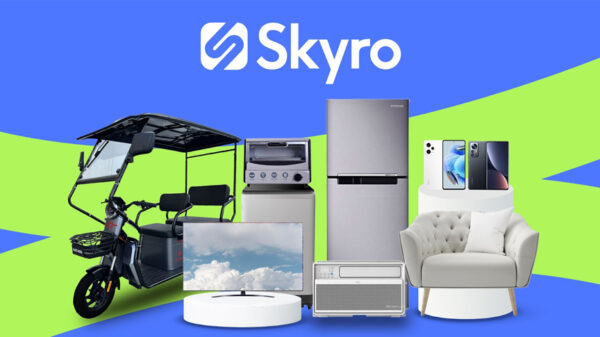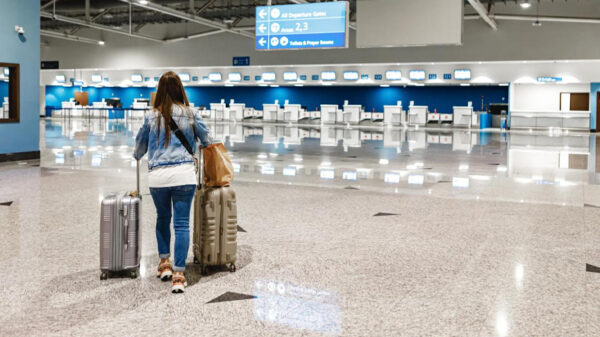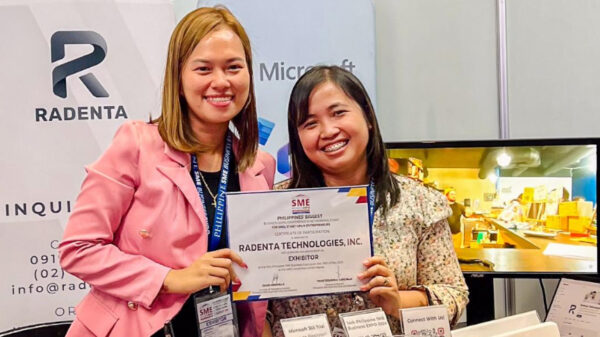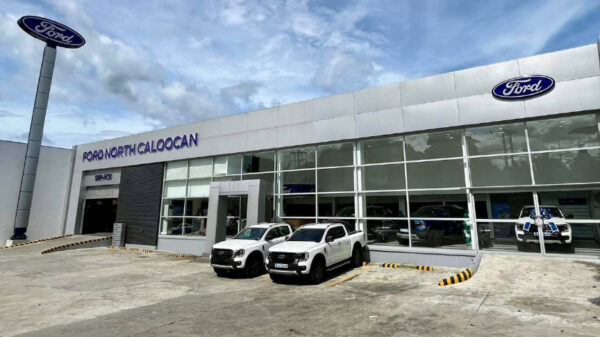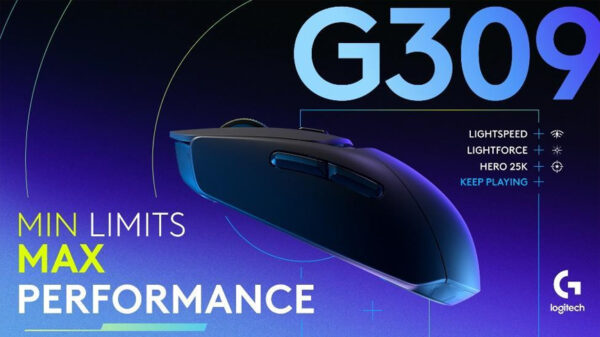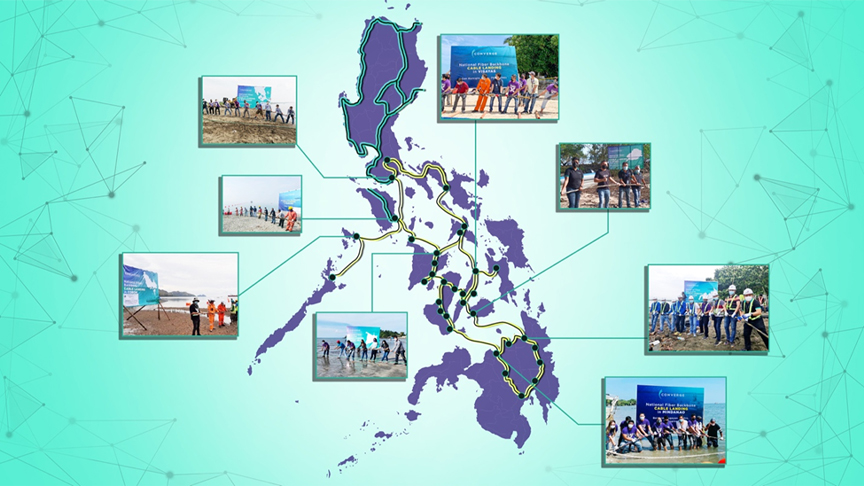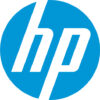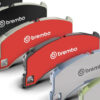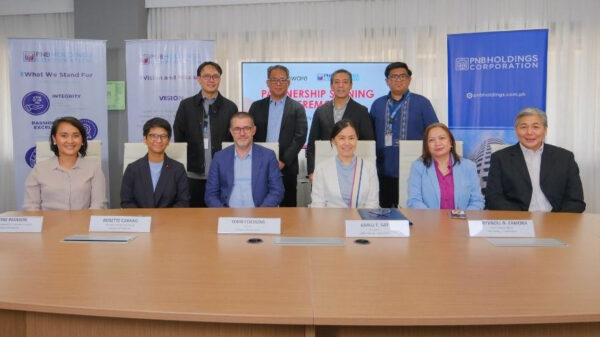In a recent United States Agency for International Development (USAID) project forum, Converge ICT Solutions Inc. emphasized the importance of building its own nationwide backbone to lower the cost of high speed internet to its consumers, particularly in unserved and underserved areas.
Converge Chief Operations Officer Jesus C. Romero, in his participation in the USAID’s Better Access and Connectivity (BEACON) project’s webinar on broadband affordability, underscored that its P25 billion investment in its national fiber network ultimately meant savings to consumers as having to piggyback on other players’ infrastructure would mean passing on the costs to customers.
“The existing infrastructure back then either did not have enough capacity or was uneconomical to use. So we took a more pragmatic approach. No one really wants to spend billions to build another submarine cable backbone, but we did what we needed to do. We’re of the thought that we cannot let external factors affect our destiny,” Romero stressed.
Access to the national fiber backbone of other players came at a cost that was higher than the threshold acceptable to in turn provide a cost effective service to our end customers. As a result, Converge had to take on the capital-intensive fiber roll-out nationwide, helping make broadband more available, and at a cost lower than alternative offerings. Mr. Romero added that as it is, Converge is rolling out its network to unserved and underserved areas to fulfill the unmet connectivity needs.
“Our data shows that more than 90% of our subscribers are first-time fixed broadband postpaid users. This means that we are making fixed broadband more accessible now to people who did not have access to it before or were using alternative methods to connect to the internet,” he adds.
Converge also attributes its ability to provide access to more people at affordable prices to its unique corporate structure. Instead of outsourcing, the company decided to create its own in-house network construction subsidiary called Metroworks.
“We build our own network – allowing us to roll-out faster, with higher quality and lower cost thus allowing us to transfer savings back to the subscribers giving them better value,” explained Romero.
Through Metroworks, Converge uses high-end construction technologies such as microtrenching for its expansion, making roll-out faster while minimizing issues around permitting. Microtrenching machines are able to lay cables as fast as two (2) kilometers a day.
As of Q3 of 2021, Converge’s terrestrial backbone has reached 90,000 kilometers, not including its extensive last-mile network. As of that time, Converge is serving around 440 cities and municipalities nationwide.

